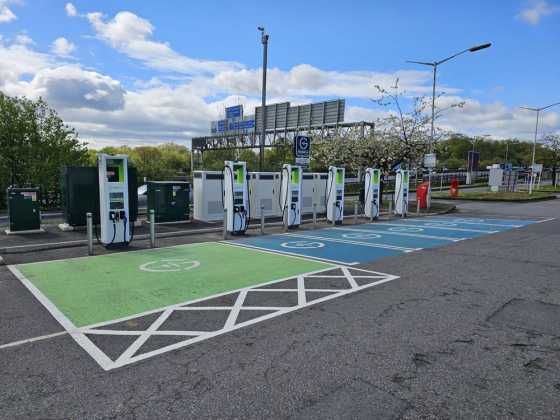Fleet sales down seven per cent in 2018, SMMT data shows

UK new car registrations in the fleet sector fell by -7.3% in 2018, with sales by private motorists and smaller business operators also falling -6.4% and -5.6% respectively.
Overall, the UK new car market declined by -6.8% in 2018, with annual registrations falling for a second year to 2,367,147 units, according to SMMT data.
The biggest volume decline was seen in the diesel sector, down -29.6% in 2018, with the volume loss equivalent to some 180% of the overall market’s decline.
Growth in registrations of petrol (+8.7%) and alternatively fuelled vehicles (+20.9%) replaced some of the loss but not enough to offset the full shortfall.
In the Alternatively Fuelled Vehicle sector, petrol electric hybrids remained the most popular choice, up +21.3% to 81,156 units. Plug-in hybrids (PHEVs) also recorded a strong uplift (+24.9%) over the year, though the figures suggest growth is slowing following the removal of the Government's plug-in car grant for these vehicles in October. Demand for PHEVs grew almost 30% in the first 10 months, but year on year increases fell to 3.1% and 8.7% in November and December respectively.
Pure electric cars, meanwhile, grew 13.8% in the year but, with just 15,474 registered, they still make up only 0.7% of the market. Given the reduction in government incentives, the pace of growth of plug-in cars is now falling significantly behind the EU average.
The figures come as SMMT publishes data showing the UK new car fleet average CO2 rose for a second successive year, by 2.9% to 124.5g/km.
This is despite huge investment by manufacturers to deliver ever more efficient cars, with the average new or updated model emitting -8.3% less CO2 than that it replaced. While part of this fleet average CO2 increase was due to segment shift and the introduction of the new, more onerous WLTP test which produces higher figures, the move away from diesels is having a significant impact.
Diesels are, on average, 15-20% more efficient than petrol equivalents and so have a substantial role to play in addressing climate change. The hard won gains made by the sector since CO2 records began in 1997 (when the new car fleet average was 189.8g/km) are being undermined by the shift away from diesel and disappointing growth in alternatively fuelled vehicles. This only underscores the challenge both industry and government face in meeting ambitious climate change targets.



